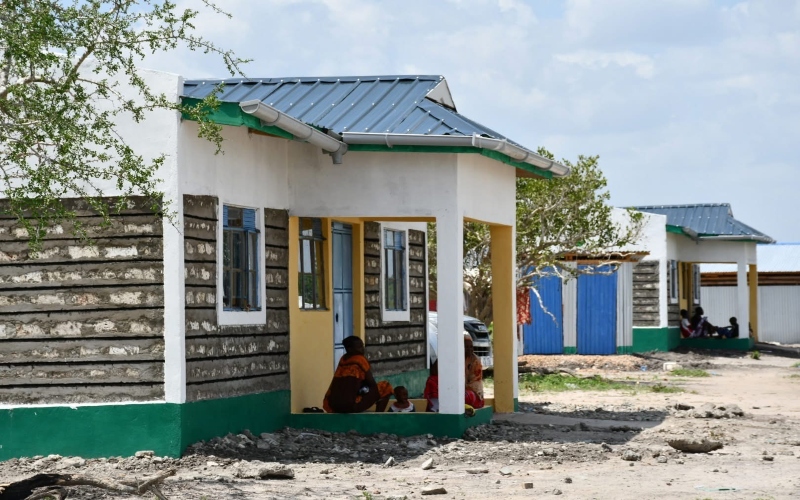Tatu City owners accuse Kiambu governors of land grabs in exchange for permits — AFP report

Still, Mendenhall notes that "Kenyan corruption has made it by far the hardest," a frustration echoed across the private sector.
The developers behind Tatu City, the flagship project on Nairobi's outskirts, have accused a series of Kiambu County governors of demanding land worth millions of dollars in exchange for development permits.
In a report by AFP, Preston Mendenhall, the Kenya country head for Rendeavour — the company behind Tatu City — claimed that some governors blatantly tried to extort land from the investors during official visits.
More To Read
- What charges Benjamin Netanyahu faces and what a pardon could mean
- EACC traces Sh22.9 billion, recovers Sh3.4 billion in fight against corruption
- Anti-Counterfeit Authority chair charged with soliciting Sh5 million bribe to shield businessman
- EACC flags organised corruption in traffic department, Police IG vows action
- Kenya reports decline in criminal cases, police misconduct on the rise
- ‘Terrible state’: Senators outraged by lapses, mismanagement at Kiambu Referral Hospital
"A few years ago, a governor drove around with us, just pointing at different plots of land, saying 'I want that, I want that'," Mendenhall told AFP.
He added that the company chose to respond in a way rarely seen in Kenya: by going public.
"They thought that we, as foreign investors, would leave the country," Mendenhall said. "(But) we're looking at a 50-year time horizon. For us to challenge somebody, if need be, in public, who is trying to extort us... We believe that's the right thing to do."
In 2023, Mendenhall publicly accused Kiambu Governor Kimani Wamatangi of demanding 54 acres of land valued at $33 million for free. Wamatangi did not respond to AFP's request for comment, but he has previously denied the allegations.
Mendenhall revealed that he is currently facing four defamation lawsuits — a tactic he described as "intimidation."
"I'm subject to four defamation cases. It's their intimidation tactic, and they're used to getting what they want," he said. "But the first case goes back to 2015, and we haven't had a hearing yet, so I'm not too worried."
The tide may be turning. One of the early targets, former Governor Ferdinand Waititu, is now in jail over a separate corruption case.
Wamatangi, too, was arrested in April 2025 by the Ethics and Anti-Corruption Commission (EACC), after $13,000 in cash was reportedly found in his home — again in a separate investigation.
Meanwhile, Tatu City continues to grow. Though still small in terms of residents, the 5,000-acre site already houses schools, a supermarket, a health clinic, and thousands of residential units.
It has attracted over 100 businesses — including Heineken, Dormans Coffee, Cold Solutions, and Unity Homes — drawn by the city's independent electricity and water supply.
"We wanted to put a stake in the ground and say that Africans can build world-class facilities... and it marries nicely with what Tatu is trying to do," said Fredd Kambo, Managing Director of Cold Solutions.
Buyers, too, are sold on the promise of modern infrastructure.
"They're drawn by the playgrounds, parks, the fact they can drink the water from the tap... and knowing no one will build two centimetres in front of your balcony," said Unity Homes' commercial director Mina Stiernblad.
Still, Mendenhall notes that "Kenyan corruption has made it by far the hardest," a frustration echoed across the private sector.
Despite allegations of tax evasion against Rendeavour's executives, the firm, whose founders made their fortunes in post-Soviet Russia, insists it is in Kenya for the long haul.
Top Stories Today

















































